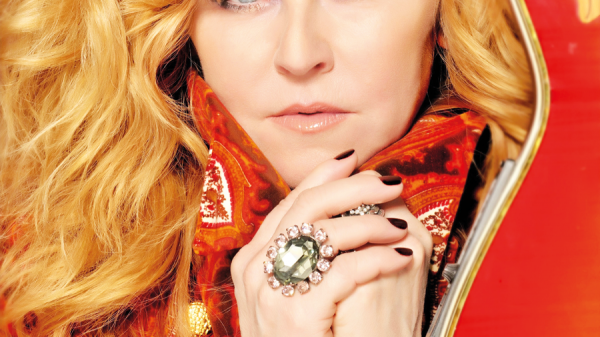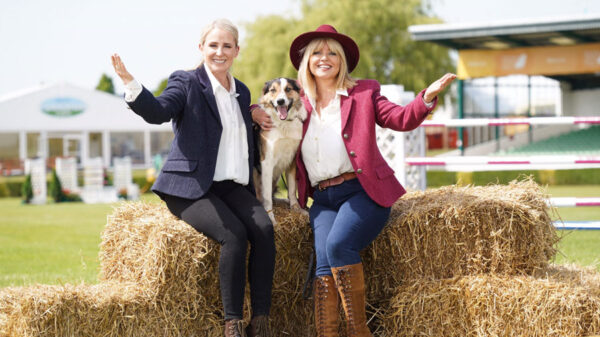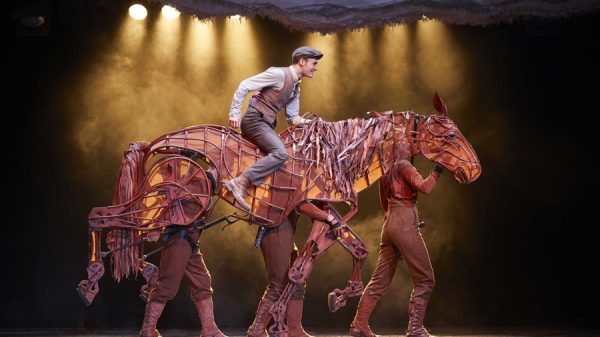Emily’s reputation as “no normal being” is undeserved, says author of new “biography with a twist”.
Emily, Charlotte and Anne Brontë were the “three weird sisters” – and Emily was the weirdest of the lot. At least, that’s the conventional wisdom. But Emily was actually just “ahead of her time”, according to the author of Emily Brontë Reappraised, published by Saraband on June 15, 2018.
With the approaching bicentenary of Emily’s birth (July 30, 2018), Dr Claire O’Callaghan, a Lecturer in English in the School of Arts, English and Drama at Loughborough University, has conjured a new image of the Wuthering Heights author and rehabilitates her personal reputation.
And now, at a time when women are making their voices heard and questioning convention, it appears that Emily Brontë was, in fact, a “thoroughly modern woman”.
Claire says: “Over the years, Emily has been portrayed in many different ways, but it’s usually negative. In some biographical commentaries, she’s a staid, old-fashioned, people-hating spinster who roamed about the Yorkshire moors alone with her dog, or, alternately, a painfully shy and socially awkward girl-woman who was sick whenever she left home.
“Elsewhere, she’s a stubborn and defiant woman who willingly withheld assorted physical and mental ailments, or an ethereal soul too fragile to endure the real world. Seldom is she kind, and in most, she’s a superior intellect, a genius unable or unwilling to participate in ‘normal’ society.
With such eccentric images associated with her, it’s no wonder that Emily is still perceived today as ‘no normal being’.”
Claire argues that this derogatory view of Emily has its roots in the account of her offered by her first biographer and mythographer: Charlotte Brontë. And that, today, such personality traits would not be received or relayed with the same misshapen judgment that they were in the mid-19th century.
“Nowadays, being shy or reserved is recognised as a composite part of some people’s personalities, which are multifaceted and complex. And we accept that people display character traits in myriad ways in different situations. In fact, we’re more likely to compensate for any awkwardness felt by friends, colleagues or family members in social situations, going out of our way to minimise their anxieties.
“Privacy and seclusion, too, is seen as a personal choice that’s to be respected by others. Perhaps, then, in this respect, Emily would fit in more comfortably in modern society. She would certainly be received less brusquely and her individualism would be less scrutinised.
“Emily’s personality and character don’t seem so deviant to me. So what if she was unconventional and didn’t much like to socialise? So what if she didn’t conform to a prescribed notion of what’s ‘ladylike’? And why do people get so upset that she found vast value in animals and wildlife but didn’t care much for Victorian society?
“The image of a lone woman (and her dog) striding defiantly across the Yorkshire moorland is incredibly powerful to me; Emily was an independent spirit at a time when female independence wasn’t culturally welcomed, and it’s partly for that reason that she’s cruelly derided as odd and weird.
“Emily Brontë was a mystery in her own time, but in fact she was a woman ahead of her time: she was a thoroughly modern woman.”
Emily Brontë Reappraised is out now priced £9.99







